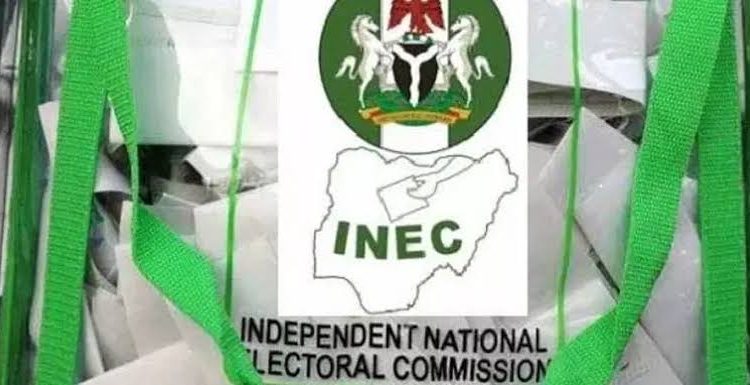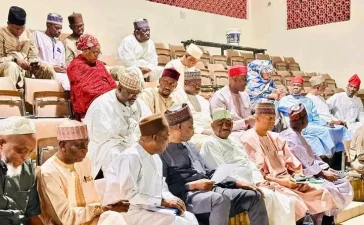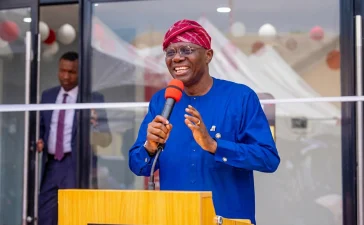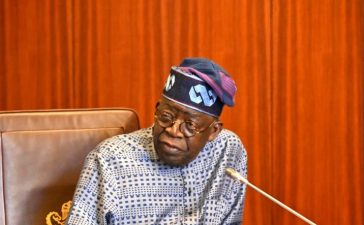The Itsekiri Nation has formally rejected the proposed ward delineation report released by the Independent National Electoral Commission (INEC) for Delta State, warning that it will take legal action if the exercise is implemented. The announcement was made during a press conference on Sunday in Asaba by Mr. Amorighoye Mene, Secretary of the Itsekiri Leaders of Thought, alongside other members of the group.
Mene condemned the proposed delineation, which affects the Warri Federal Constituency, including Warri North, Warri South, and Warri South-West Local Government Areas. He described the report as unfair and biased, arguing that it fails to accurately reflect the population and voting strength of the various ethnic groups in the region. The Itsekiris, along with the Urhobos, Ijaws, and other ethnic groups, are significant populations in these areas, and their demographic distribution, Mene argued, was not adequately considered during the process.
“We expected INEC to take into consideration the voting strength of the various ethnic groups that make up the area: the Itsekiris, Urhobos, Ijaws, and other mixed demographics. However, the delineation process failed to reflect this,” Mene said, stressing that the Itsekiri people were not allowed to voice their concerns at the stakeholders’ meeting where the proposed delineation was unveiled last Friday.
The Itsekiri Leaders of Thought highlighted several disparities in the report. For example, in Warri North, the Itsekiris, with 75,912 registered voters and 134 polling units, have been allocated eight wards, while the Ijaws, with 35,480 voters and 58 polling units, have been given 10 wards. In Warri South West, the Itsekiris, with 94,074 voters and 175 polling units, now have five wards, while the Ijaws, with 95,046 voters and 147 polling units, have been allotted 14 wards.
Furthermore, in Warri South, the Itsekiris, with 88,309 voters and 174 polling units, have been assigned eight wards, while the Urhobos, with 38,000 voters and 72 polling units, were given 10 wards. The Ijaws, in the mixed demographic areas, were also allocated more wards than other groups, further fueling concerns about the fairness of the exercise.
Mene warned that if the proposed ward delineation was allowed to stand, it could lead to unequal representation and potential unrest among the ethnic groups in the region. He urged INEC to reconsider the exercise, taking into account the number of registered voters and ensuring equitable representation for all communities.
“The purpose of ward delineation is to ensure that voters can cast their ballots conveniently and without disenfranchisement,” Mene added. “We demand that INEC acts fairly and in line with the Supreme Court’s ruling on the issue.”







